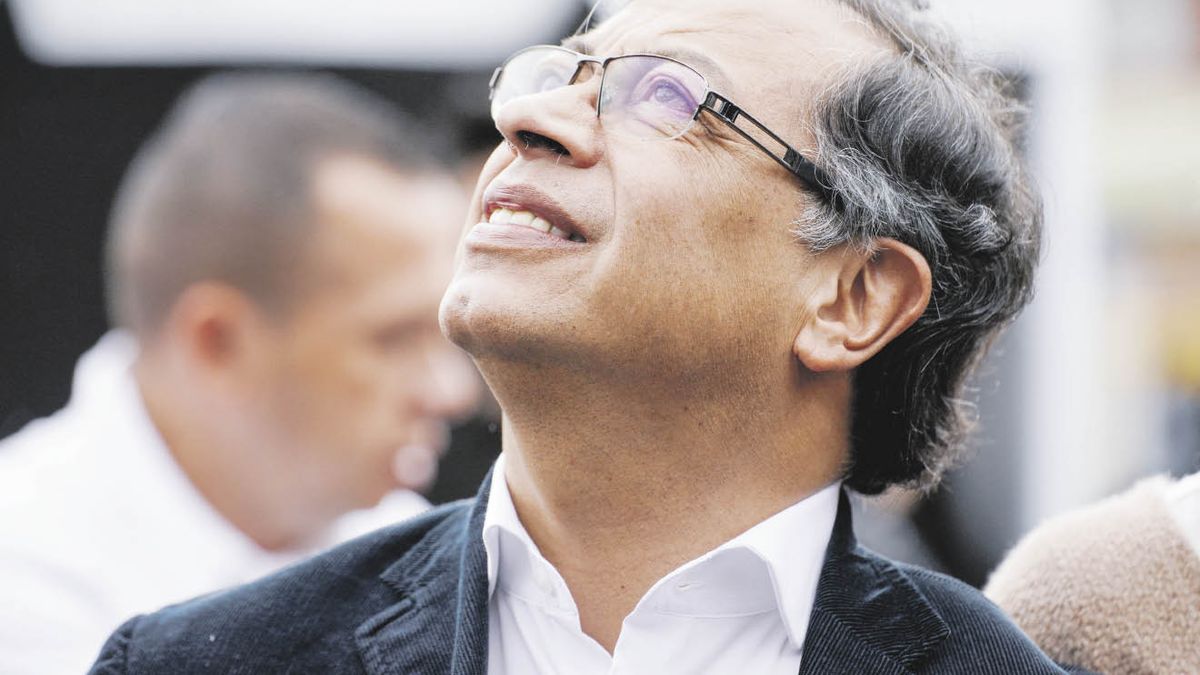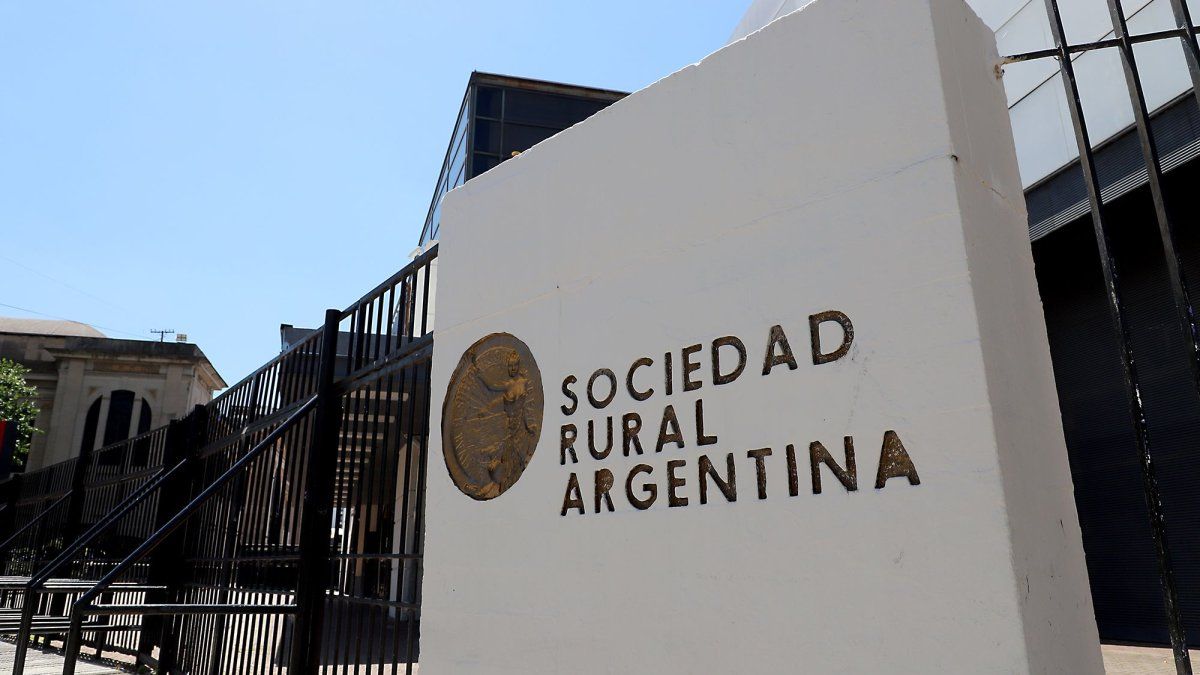Hernández defeated Federico Gutiérrez (23.8), the candidate of a coalition of forces related to the ruling party, and Sergio Fajardo (4.2%), the centrist candidate.
Petro, 62, and Hernández, 77, will face each other in a ballot to elect the successor to Iván Duque, very unpopular for the economic handling of the pandemic and who faced massive protests in 2019 and 2021 led by young people who were harshly repressed. by public force.
As the polls anticipated, the left achieved its best electoral result in a country historically governed by elites, with the largest cocaine production in the world and rising rural violence, despite the 2016 peace agreement that disarmed the guerrillas of the FARC.
Until a week ago, the polls showed Gutiérrez as Petro’s likely rival in the second round. But Hernández, who does not belong to a political party and is difficult to place on the ideological spectrum, became the surprise. “Today we know that there is a firm citizenry to end corruption as a system of government,” said the outsider of this campaign, who awaited the results in a bathing suit and drinking beer in the patio of his mansion, according to a video shared with the media for his campaign.
Petro, who laid down his arms in 1990 after the demobilization of the M-19, the nationalist rebel group in which he was a member for 12 years, came to this election championing change and rupture. “We are representing the will for change, I am confident that this will for change will be the majority,” said the candidate after voting in a popular neighborhood in Bogotá. According to analyst Daniel García-Peña, “in these last four years, inequality and levels of poverty, disagreement and discontent have deepened, and the one who has known how to read and interpret and connect with the electorate is Petro.”
Such was the feeling among many voters. “The people who have run the country have it in pieces, so we have to change,” Luis Hernán Álvarez, a security guard who voted for Petro in Bogotá, told AFP. Thus, Colombians will choose their next president between the radical change proposed by Petro and the uncertain alternative of Hernández, who encompasses his entire program in the frontal fight against corruption. “Today they lost the sheaves that believed they would be the government forever,” congratulated Hernández, a builder and former mayor of Bucaramanga.
Hernández will seek to govern this country of some 50 million inhabitants with just two congressmen in a body of 296 legislators, and waiting for the forces opposed to Petro to unite around his candidacy. The Historical Pact, the coalition led by Petro and Francia Márquez, the environmentalist who wants to be the first Afro vice-presidency, obtained the best result for the left in the legislative elections in March, although without securing majorities.
The Registrar’s Office was questioned by the inconsistencies in the preliminary count of those elections, which subtracted votes from Petro’s movement and other political groups. The gap of one million votes between the preliminary count and the count cast doubt on the transparency of the process.
Source: Ambito
David William is a talented author who has made a name for himself in the world of writing. He is a professional author who writes on a wide range of topics, from general interest to opinion news. David is currently working as a writer at 24 hours worlds where he brings his unique perspective and in-depth research to his articles, making them both informative and engaging.




